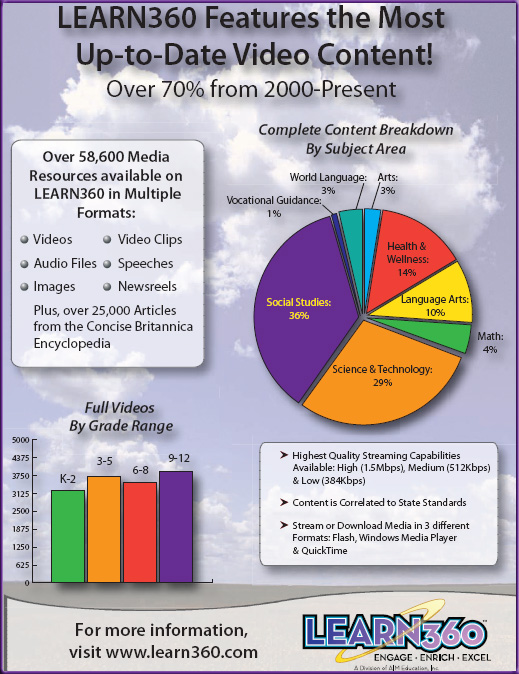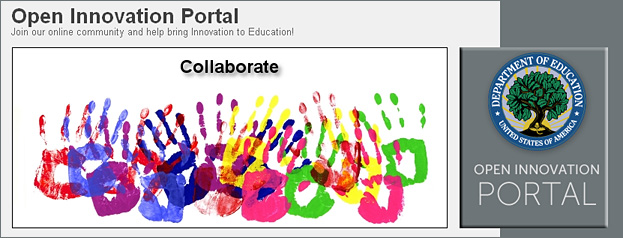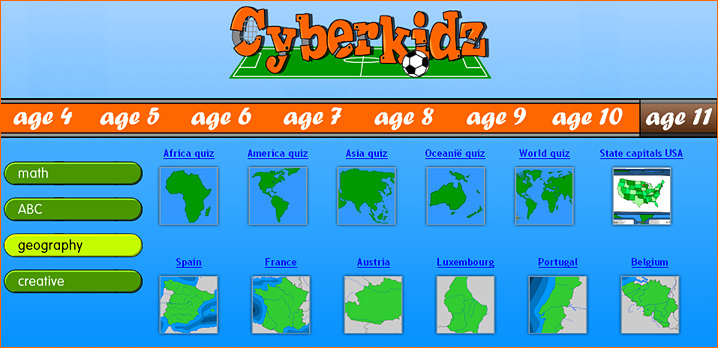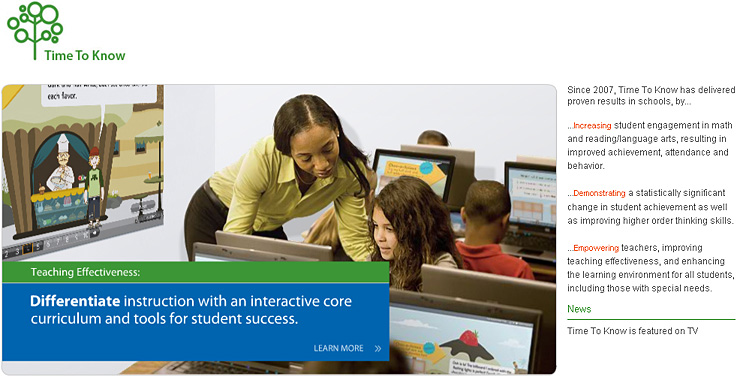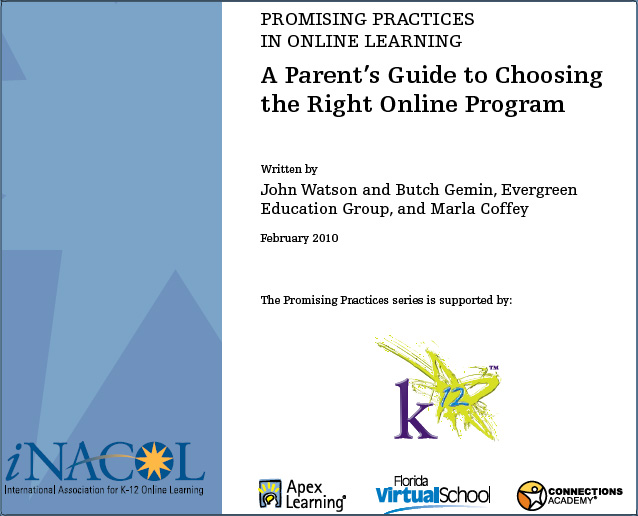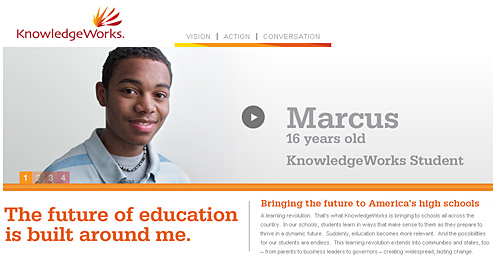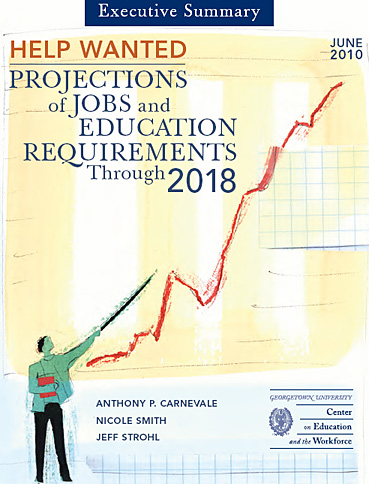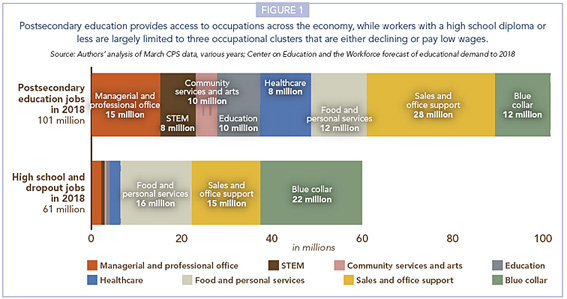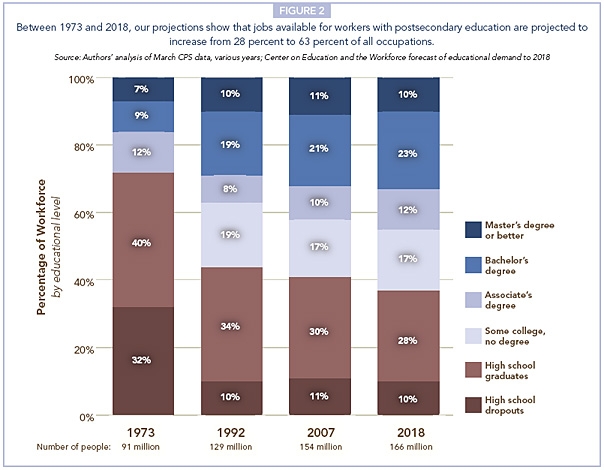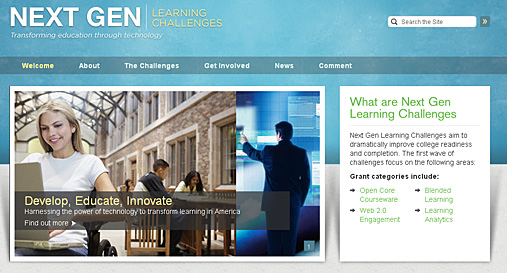K12 virtual schools graduate over 1,000 students — from MarketWatch.com
More than 90 percent of the 2010 graduating class to attend colleges, universities
HERNDON, Va., Jun 28, 2010 (BUSINESS WIRE) — Over 1,000 students graduated this year from virtual schools using the award winning, nationally-acclaimed K12(R) curriculum and online school program.
K12 Inc., America’s largest provider of proprietary curriculum and online school programs for students in kindergarten through high school, operates public virtual schools in 25 states (and D.C.) in partnership with charter schools and school districts.
The majority of graduates — 93 percent — plan to continue their education at colleges and universities, according to K12’s 2010 senior survey. The survey also indicated that K12 graduates received over 1 million dollars in combined scholarship money.
K12 students from this year’s class have been accepted to many of the nation’s most prestigious colleges and universities, including Cornell, Duke, Middlebury College, University of Pennsylvania, Northwestern, Princeton, Stanford, Vanderbilt, University of Southern California, and many more schools across the U.S.









